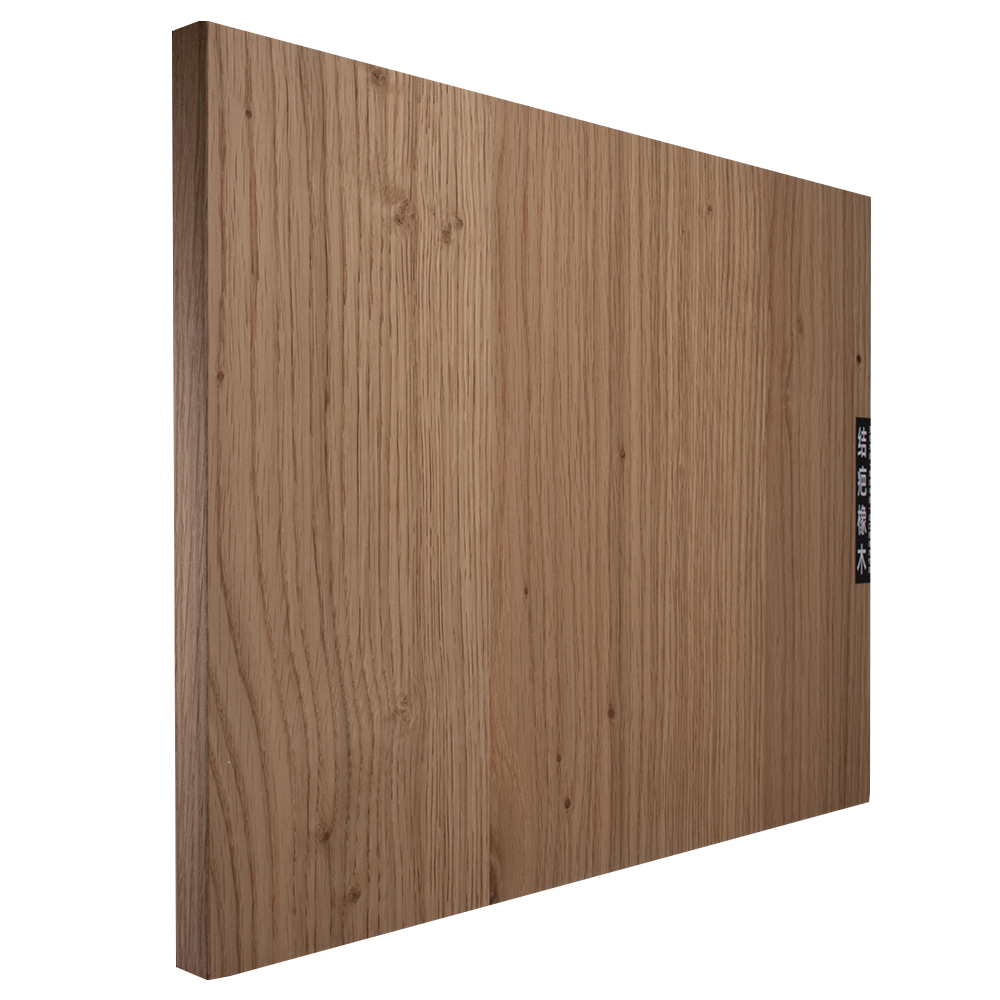In the field of plywood manufacturing, glue undoubtedly plays a pivotal role and can be regarded as the core element of plywood. Fundamentally, glue works in tandem with the veneer material, jointly determining the key properties of plywood, such as its strength, quality, and durability. In other words, the quality of plywood largely depends on the characteristics of the glue used.

In China’s plywood industry, different types of glues are suitable for plywood of various qualities and uses. Urea-formaldehyde (UF) glue, due to its advantages such as low cost and mature production process, is widely used in the production of indoor plywood and has become the glue variety with the largest consumption in China’s plywood industry. In contrast, phenolic (PF) glue is used relatively less because the market demand for phenolic plywood is relatively low. However, phenolic glue has excellent water resistance and heat resistance properties and still plays an irreplaceable role in some special scenarios with high requirements for environmental adaptability.
In recent years, with the continuous development of the industry and the continuous progress of technology, many new types of glues have emerged in China’s plywood industry. Among them, MDI glue has gradually emerged in the high-end plywood market due to its excellent environmental protection performance and high strength characteristics. As a bio-based glue, soybean glue has attracted increasing attention due to its natural and renewable characteristics, conforming to the development trend of green environmental protection.
As a plywood manufacturer in China, in the production practice, we mainly choose PF, MUF, and UF glues. These glues play their respective advantages in different application scenarios:
- Type A Bond – Phenol Urea Formaldehyde Resin (PUF): PUF combines the advantages of phenol and urea formaldehyde, having good water resistance and bonding strength. It is suitable for plywood products with certain requirements for moisture resistance, such as the panels used in humid environments like kitchens and bathrooms.
- Type B Bond – Melamine Urea Formaldehyde Resin (MUF): MUF glue has high hardness and wear resistance, which can significantly improve the surface quality and durability of plywood. It is often used in the fields of furniture manufacturing and decoration, endowing plywood with excellent appearance and performance.
- Type C Bond – Urea Formaldehyde Resin (UF): UF glue has a low cost and a simple production process, and its bonding strength can meet the general requirements for indoor use. Therefore, it occupies a dominant position in the production of indoor plywood and is widely used in various furniture and decoration materials.
In conclusion, glue plays an irreplaceable role in plywood manufacturing. With the continuous change of market demand and the increasingly strict environmental protection standards, plywood manufacturers need to continuously pay attention to the development trends of glue technology, reasonably select the types of glue, so as to produce high-quality plywood products that meet market demand and promote the sustainable development of the entire industry.


